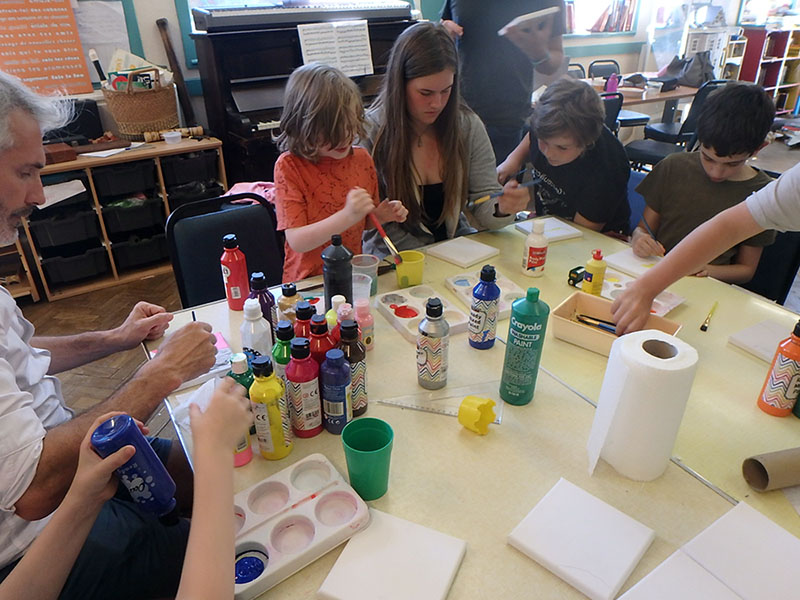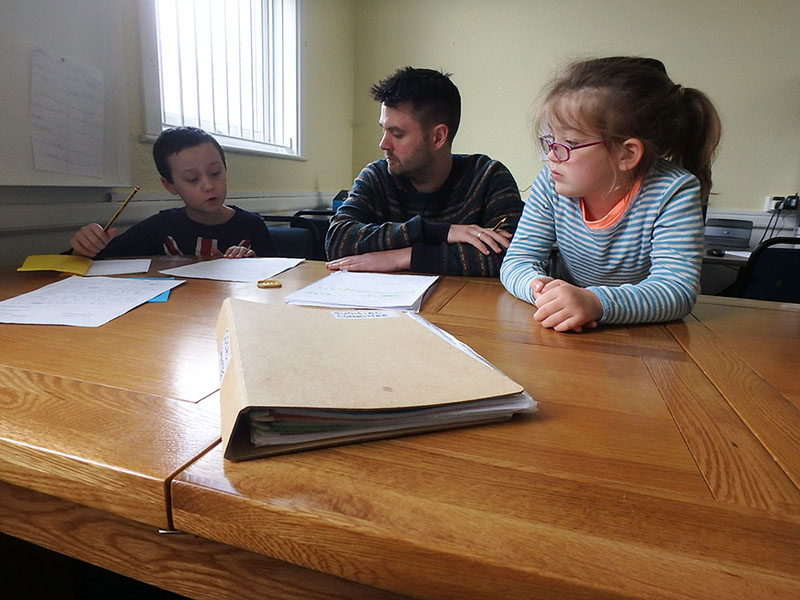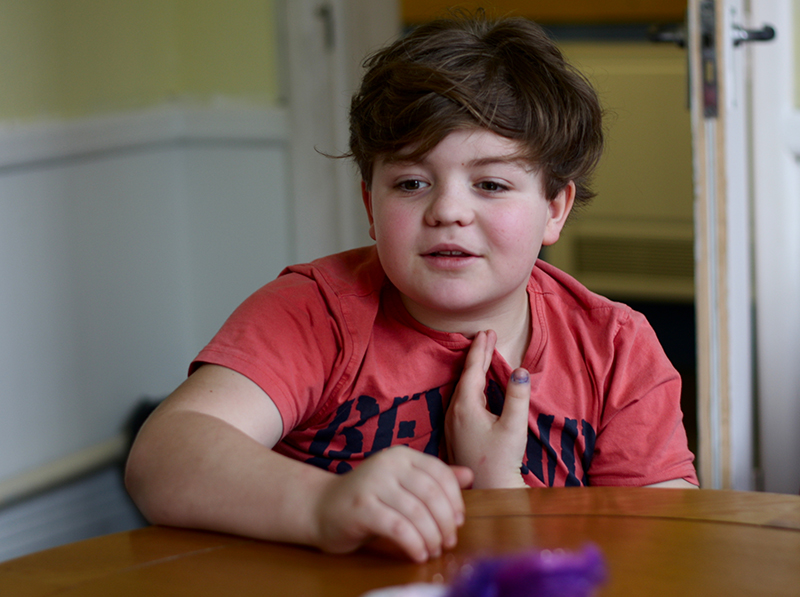The Sudbury model can be something of a conundrum. On the one hand it’s beautifully simple; a mixed-age, self-governing community where children are free to determine what they do with their time. But the more you delve into it the harder it can be to grasp. We are not used to trusting children in our culture and whilst freedom seems idealistic, attractive and liberating, we have lingering doubts; is it really safe? Can they handle it? Will they use it responsibly?
My good friend, founder and staff member of Alpine Valley School, Larry Welshon, boiled it down even more for me when we had the pleasure of visiting AVS last year (read more about that visit here). Over time my understanding of his words has deepened as I’ve watched the culture of our little community grow this past year. He said, at its heart we are an intentional community. And ‘intentional’ is really important here. We choose to come to together and stay together. It can sometimes feel like a big family, but it’s not – families are tied together – we are not. Amongst us are many friends, but we are not a group of friends. We’re also not like other education groups, for one thing all the members are here voluntarily and there is no externally imposed aim.

Deciding to be a part of a community like East Kent Sudbury is a commitment. A commitment to turn up, to carry out your duties, to support one another and to figure things out together. Decisions are made on a weekly basis at the Community Meeting. Participation is voluntary, but if you don’t come you have to still stick by whatever is decided, which involves quite a bit of trust on your part.
When you bring together a disparate group of individuals of all ages and temperaments you get chemistry. Every day there is laughter, banter, play, consolation, celebration and friction. It’s not possible to rub alongside 25 other people week in week out without conflicts and disputes occurring and that’s where the intent really steps up a notch. You don’t have to be here, but you want to. So what are you going to do now? Sit silently stewing, turn your back and walk away or patch things up?
Every day at 11am a small group of unlikely collaborators of all ages, three students and one staff, gather in our smaller room to untangle stories and restore the peace of the community. This is our Judicial Committee or JC for short and it’s a big commitment but it’s worth it. This is really the heart of the community, the place where the line between your freedom and mine is drawn and it’s not always obvious where that line should be.

This is the room where mini-dramas are played out, some entertaining and some more serious. You can can tell what kind of case it is just by popping your head around the door. Reports of noodles on the carpet or scooting too fast in the hallway are accompanied by relaxed postures and light-hearted banter. Don’t get me wrong, we take these things seriously enough, no one likes accidentally stepping on noodles or being scooted into, but we can be patient while our members figure these things out. When deep emotions are involved it’s a very different story, the intensity of the atmosphere is palpable. There is no issue too big or too small to take to the JC. If it matters to you, it matters to us too. Through discussion we hear all sides of the story, everyone gets to experience how it looked from the other side. Often there’s a critical moment where suddenly it all slots into place and what seemed like a big deal is revealed to be a misunderstanding. It’s a beautiful thing to see people’s tensions drop away as they experience empathy for someone else.

Sometimes the JC can be a struggle. It’s not easy being held accountable for your actions and facing the consequences. Especially when you’ve come from a system where you have been rewarded for avoiding accountability. It can seem easier to shift the blame onto someone else. You didn’t mean it, they told you to do it, it was an accident and you don’t care anyway and so on. In a community where you’re not there voluntarily and you don’t have free will over how you use your time, the blame game makes sense, why should it be your fault – after all you never asked to be there in the first place – there was no intent on your part. But in a free community there is nowhere to hide and that is uncomfortable. Everything is intentional and when students grasp that, it is truly profound. This is their life, no one else’s and these are their choices, no one else’s. That’s when they experience autonomy in an intentional community.
